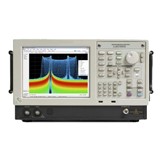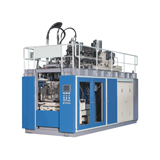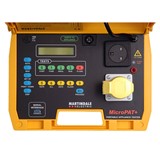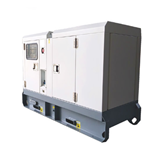Austrade’s Osaka/Japan-based senior trade commissioner, Michael Clifton said although Japan is Australia’s number one export destination, despite good strategic reasons to set up there, less than 100 Australian firms have a presence.
“The Japanese Government has announced a policy direction to increase foreign investment from 2.8 per cent to 10 per cent by the year 2010. This in turn has led to more acceptance of international goods and services,” Clifton said.
“Having an employee based in Japan is a very effective way to increase your business’s export success,” he said.
Executive Director of the Australian-Japan Business Corporation Committee, Paul Gallagher said if you want to be serious about the Japanese market then it’s not a market you target once or twice a year, you should at least consider going there once a month – or base a staff member there.
“It isn’t an option for everybody to base a staff member in Japan. People need to understand though that there’s more than just one strategy such as getting an agent in-country to boost your export success,” Gallagher said.
“There are around 12,000 Aussies in Japan at the moment, but less than 100 businesses have a full-time presence. More could be achieved by basing a staff member there. The Japanese business psyche is such that if you have a person off-shore who’s a good operator, the local presence rates well from not just a servicing point of view, but the relationship building perspective – for Japanese in particular, the quality of the relationship is most important,” he said.
Austrade’s Michael Clifton points out Australian businesses should look at emerging developments in Japan such as its need to introduce labour saving technologies and demand for services particular in sectors such as financial, education, mining, healthcare and advanced manufacturing.
“Japan is grappling with demographics which will see the loss of 14 million productive workers by 2030 as the world’s largest population of baby-boomers retires. To deal with this problem there is a much more pressing need for business solutions which reduce the demand for workers on the shop floor,” he said.
“Australian technology and service providers are in an ideal position to take advantage of increased opportunities.”
Austrade’s Chief Economist Tim Harcourt said Australia’s favoured position with the Japanese government due to Free Trade Agreement negotiations will have positive spin-offs in Australia, particularly in agriculture and services.
“Australia is seeking cuts in tariffs and non-tariff barriers and more openness in Japan’s previously closed rural and services markets whilst Japan is seeking energy security – particularly in LNG,” Harcourt said.
“The gains from the FTA are estimated to be $39 billion and $27 billion to the GDP of Australia and Japan respectively.”











